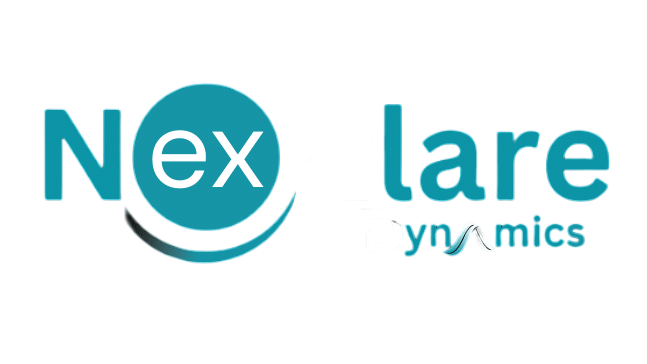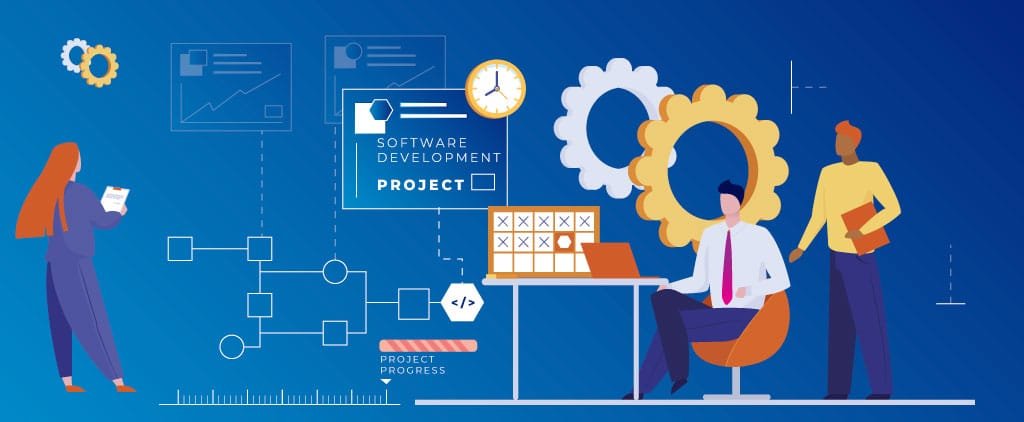In today’s fast-paced business environment, Project management tools have become indispensable. Whether you’re managing a small team or overseeing a complex, multi-departmental initiative, the right tool can streamline workflows, enhance communication, and ensure projects are delivered on time and within budget. But with so many options on the market, how do you decide which features matter the most? Here’s a comprehensive guide to the best features to look for in project management tools.

1. User-Friendly Interface
A project management tools interface is the first thing your team will interact with, and its usability can make or break adoption. Look for tools that are intuitive and easy to navigate, with a clean design that minimizes the learning curve. Drag-and-drop functionalities, clear menus, and a well-organized dashboard can significantly improve productivity.
2. Task Management and Prioritization
Effective task management lies at the heart of any project management tools. The tool should allow you to:
- Create and assign tasks.
- Set deadlines and priorities.
- Track progress and mark tasks as complete.
Kanban boards, Gantt charts, and to-do lists are popular formats for task visualization. The ability to categorize and prioritize tasks ensures that team members focus on what matters most.
3. Collaboration and Communication
A good project management tools fosters seamless collaboration among team members. Look for features like:
- Real-time chat or messaging.
- Commenting capabilities on tasks or documents.
- File sharing and document management.
- Email or in-app notifications to keep everyone updated.
Integrated communication reduces the need for external tools and keeps all project-related discussions in one place.
4. Time Tracking and Scheduling
Time management is crucial for project success. The tool should include:
- Time tracking to monitor how long tasks take.
- Calendar integration to schedule tasks, deadlines, and meetings.
- Automatic reminders to ensure team members never miss a due date.
These features help identify bottlenecks and improve time allocation for future projects.
5. Resource Management
Resource allocation is a critical component of project management tools. The tool should provide insights into:
- Team workloads to prevent burnout.
- Budget tracking to ensure financial resources are used wisely.
- Availability of resources like tools, software, or materials.
An efficient resource management feature helps optimize utilization and reduces unnecessary costs.
6. Scalability and Customization
Every organization has unique needs, and your project management tools should be adaptable. Check for:
- Customizable workflows to suit different project types.
- Scalability to accommodate team growth or project complexity.
- Integration with other tools, such as CRMs, ERPs, or accounting software.
Scalability and customization ensure that the tool grows alongside your business.
7. Reporting and Analytics
Data-driven decision-making is essential in modern project management tools. Look for tools that offer:
- Detailed reporting on project progress, team performance, and task completion rates.
- Visual dashboards with key metrics at a glance.
- Historical data analysis to improve future project planning.
Strong reporting capabilities provide valuable insights into what’s working and what needs improvement.
8. Mobile Accessibility
In a world where remote and hybrid work are becoming the norm, mobile accessibility is a must. Ensure the tool offers:
- A robust mobile app that syncs seamlessly with the desktop version.
- Features like task updates, notifications, and communication on the go.
This flexibility ensures that team members can stay productive, regardless of location.
9. Security and Data Privacy
With sensitive project data at stake, security is non-negotiable. Look for features such as:
- Role-based access controls to limit information access.
- Data encryption to protect sensitive information.
- Regular backups to prevent data loss.
- Compliance with data protection regulations like GDPR or HIPAA.
Strong security features protect your organization’s integrity and trustworthiness.
10. Cost-Effectiveness
While it’s tempting to go for the most feature-rich tool, it’s important to balance functionality with cost. Evaluate:
- Free trial periods to test the tool.
- Pricing models (per user, per project, or flat rate).
- Value-added features compared to competitors.
Choose a tool that provides the best ROI without compromising on essential features.
11. Automation and AI Features
Automation can save time and reduce human error. Look for:
- Automated task assignments based on rules or workflows.
- AI-driven insights to predict delays or suggest resource reallocations.
- Recurring task scheduling to simplify repetitive processes.
AI and automation features can significantly enhance efficiency and accuracy.
12. Support and Training
Even the most user-friendly tools require some level of support. Opt for tools that offer:
- Comprehensive onboarding and training resources.
- Accessible customer support through chat, email, or phone.
- Community forums or knowledge bases for self-help.
Reliable support ensures your team can overcome challenges quickly and continue working without disruption.

Conclusion
The right project management tools can transform the way your team works, making projects more organized, efficient, and successful. By focusing on features like usability, task management, collaboration, and security, you can select a tool that aligns with your organization’s needs and goals. Remember, the best tool isn’t necessarily the one with the most features but the one that integrates seamlessly into your workflow and empowers your team to deliver exceptional results.


Leave a Reply